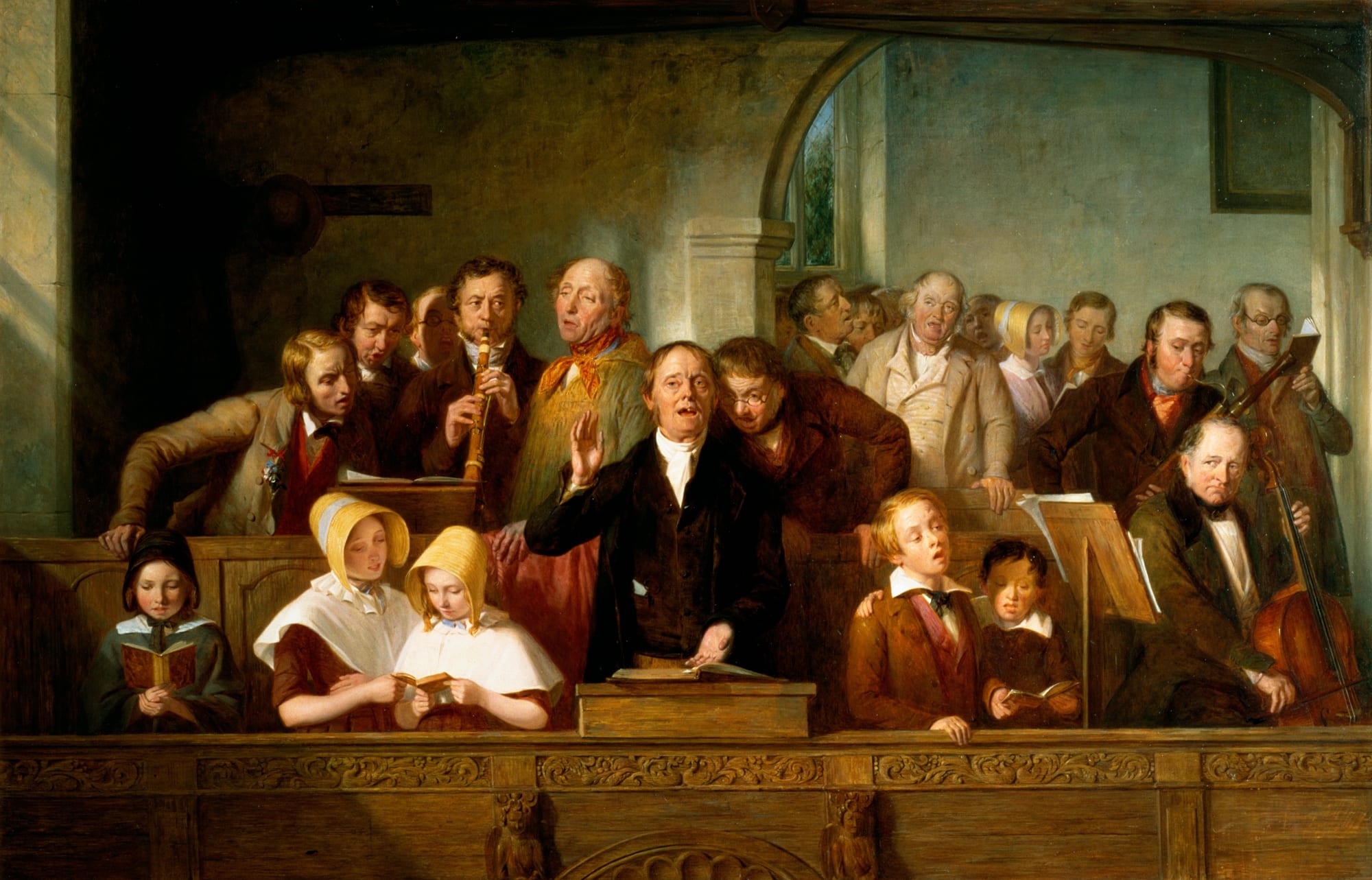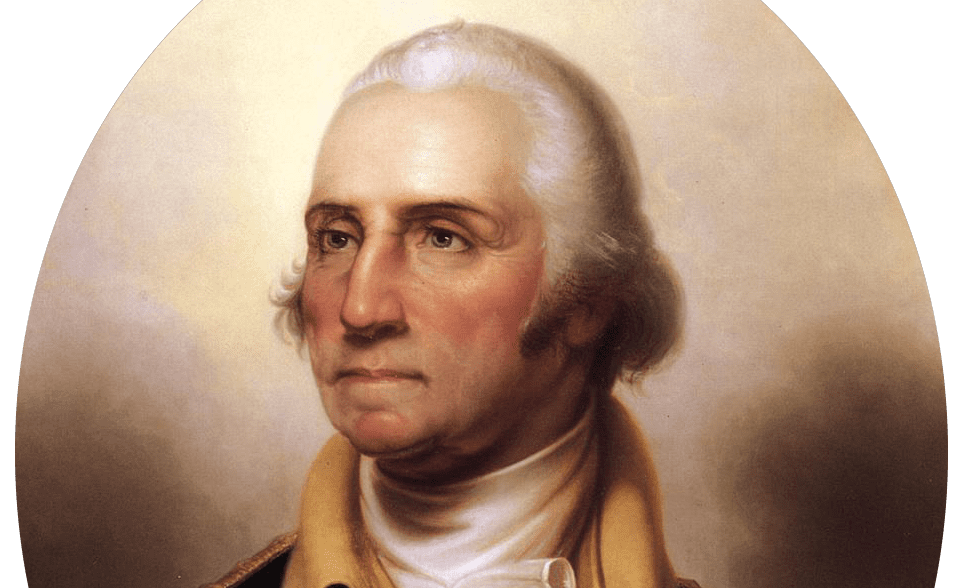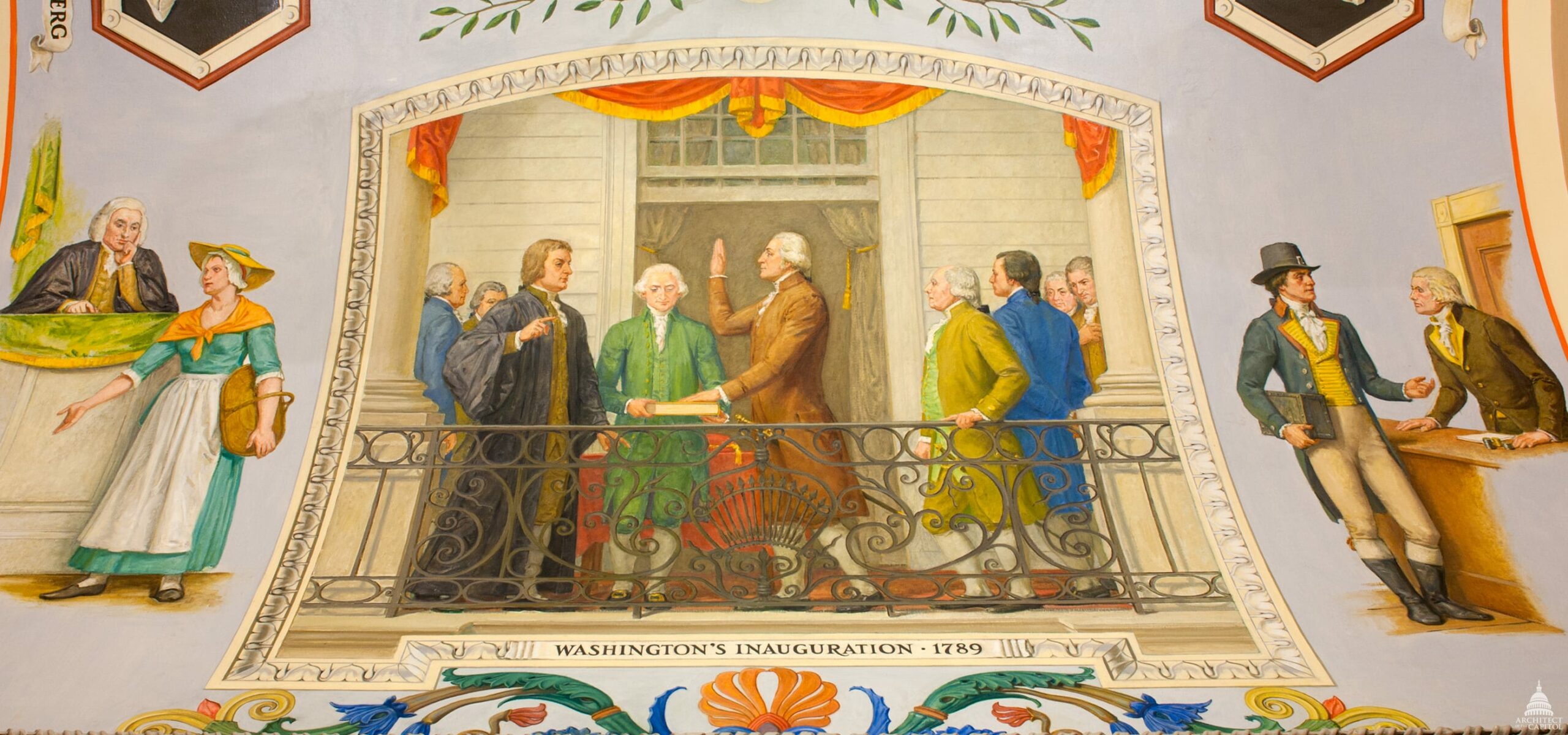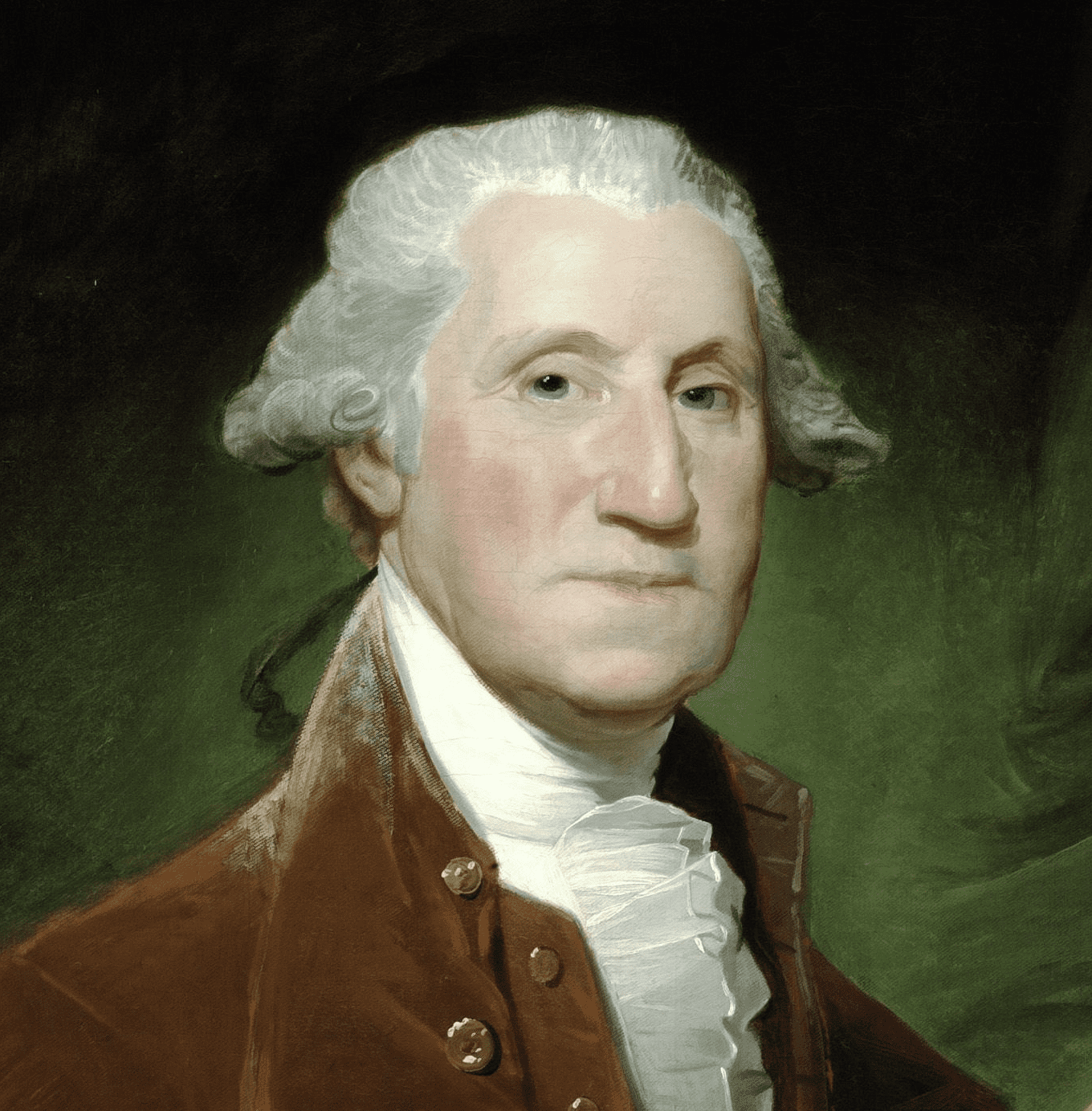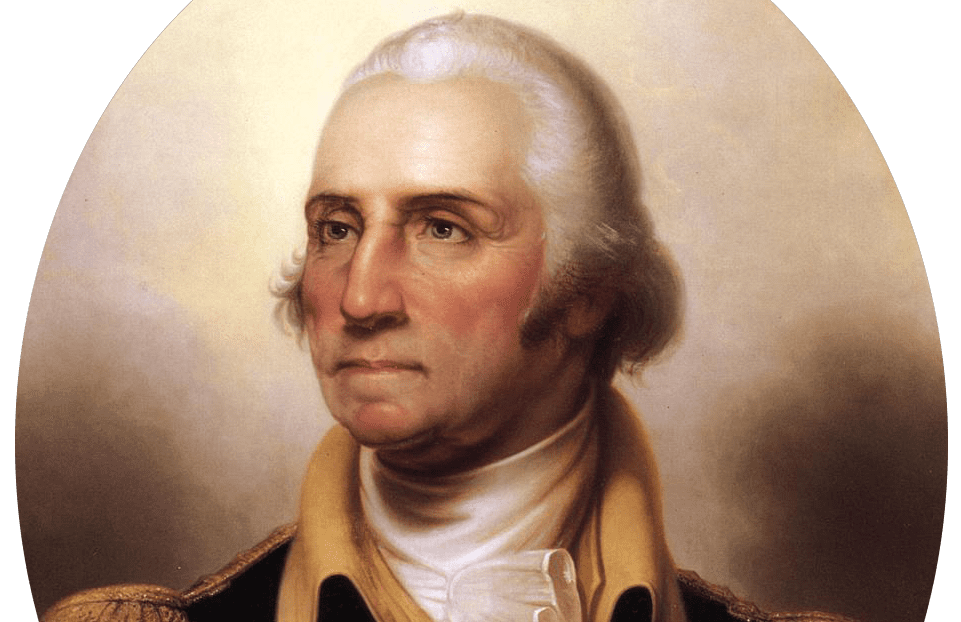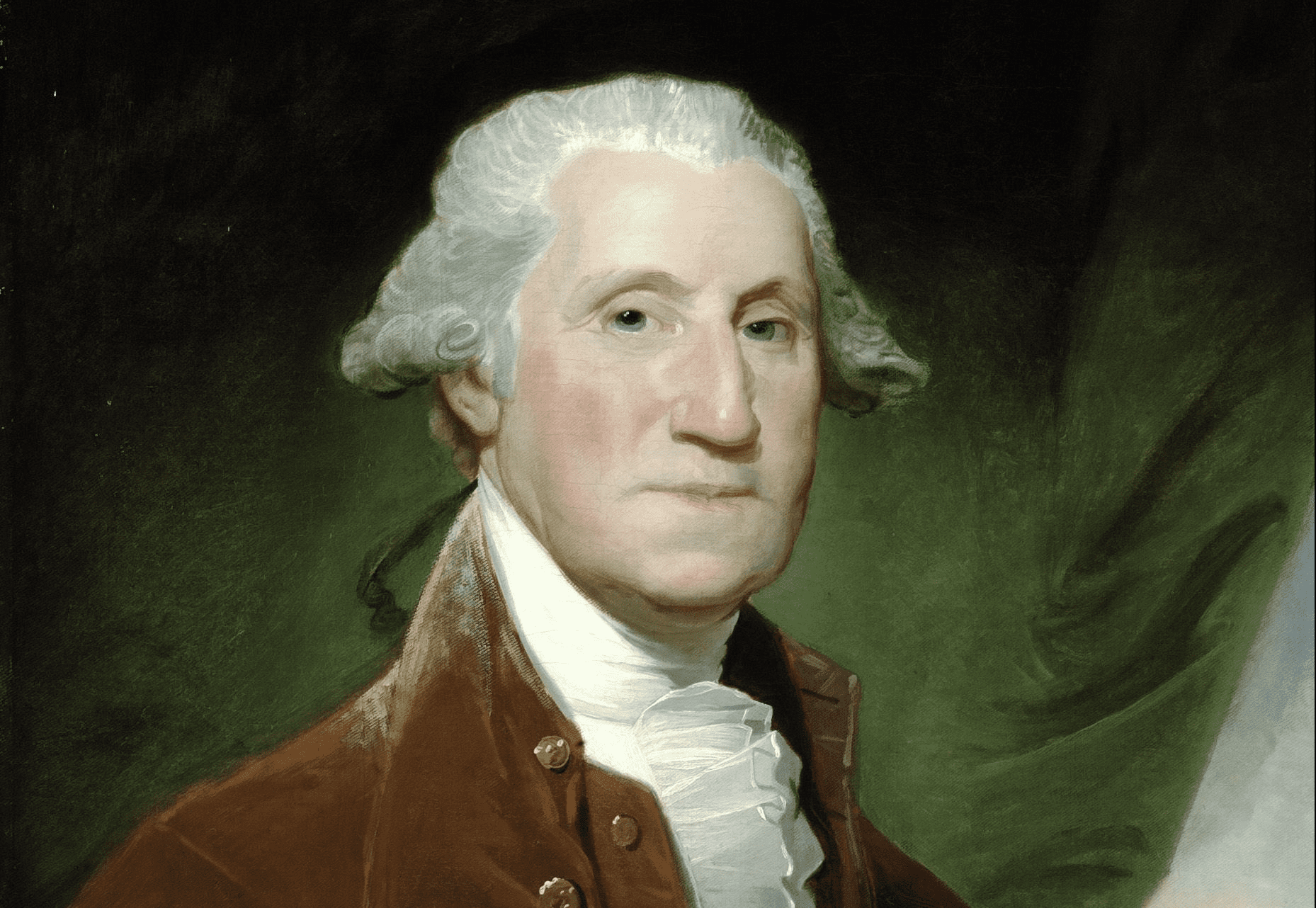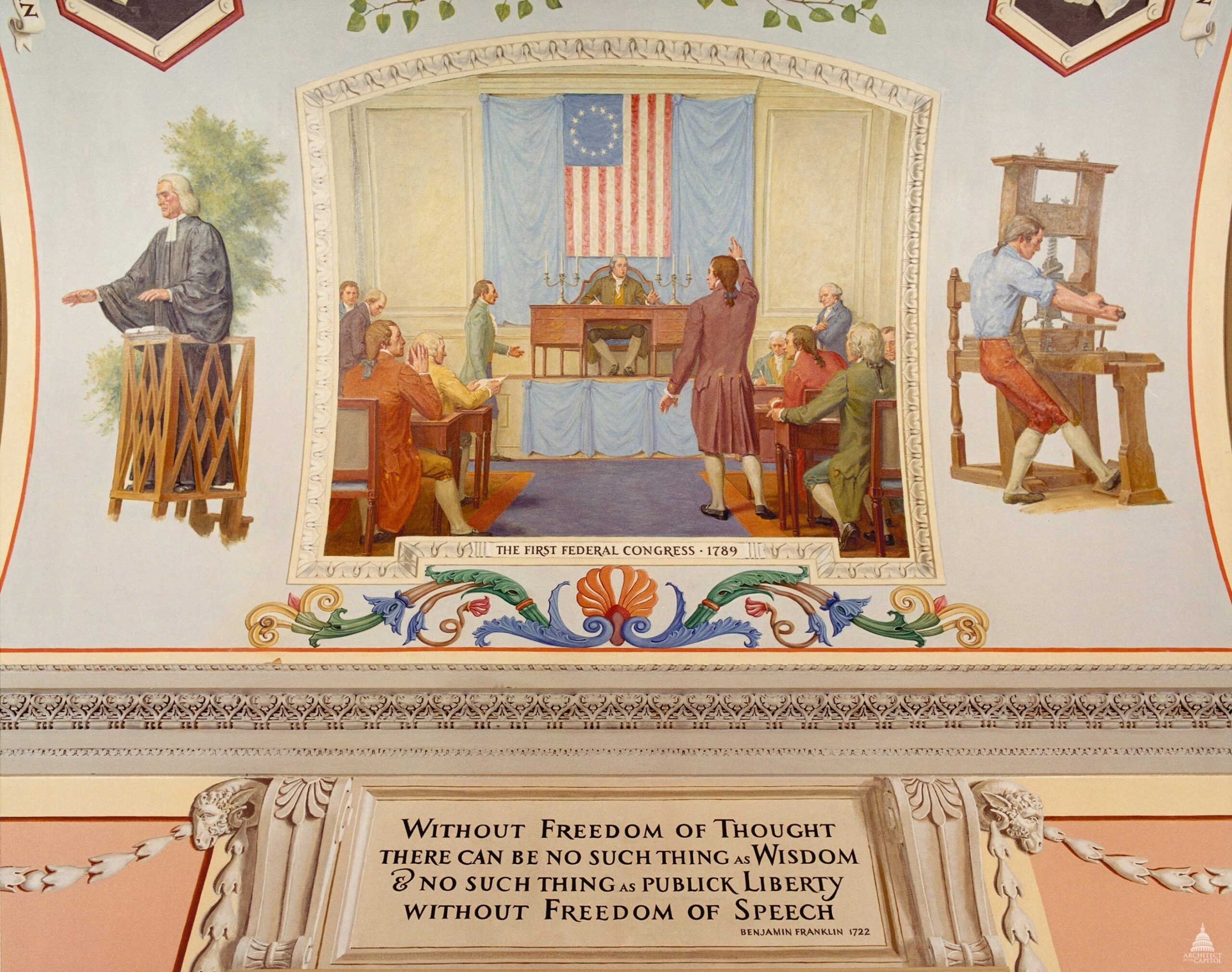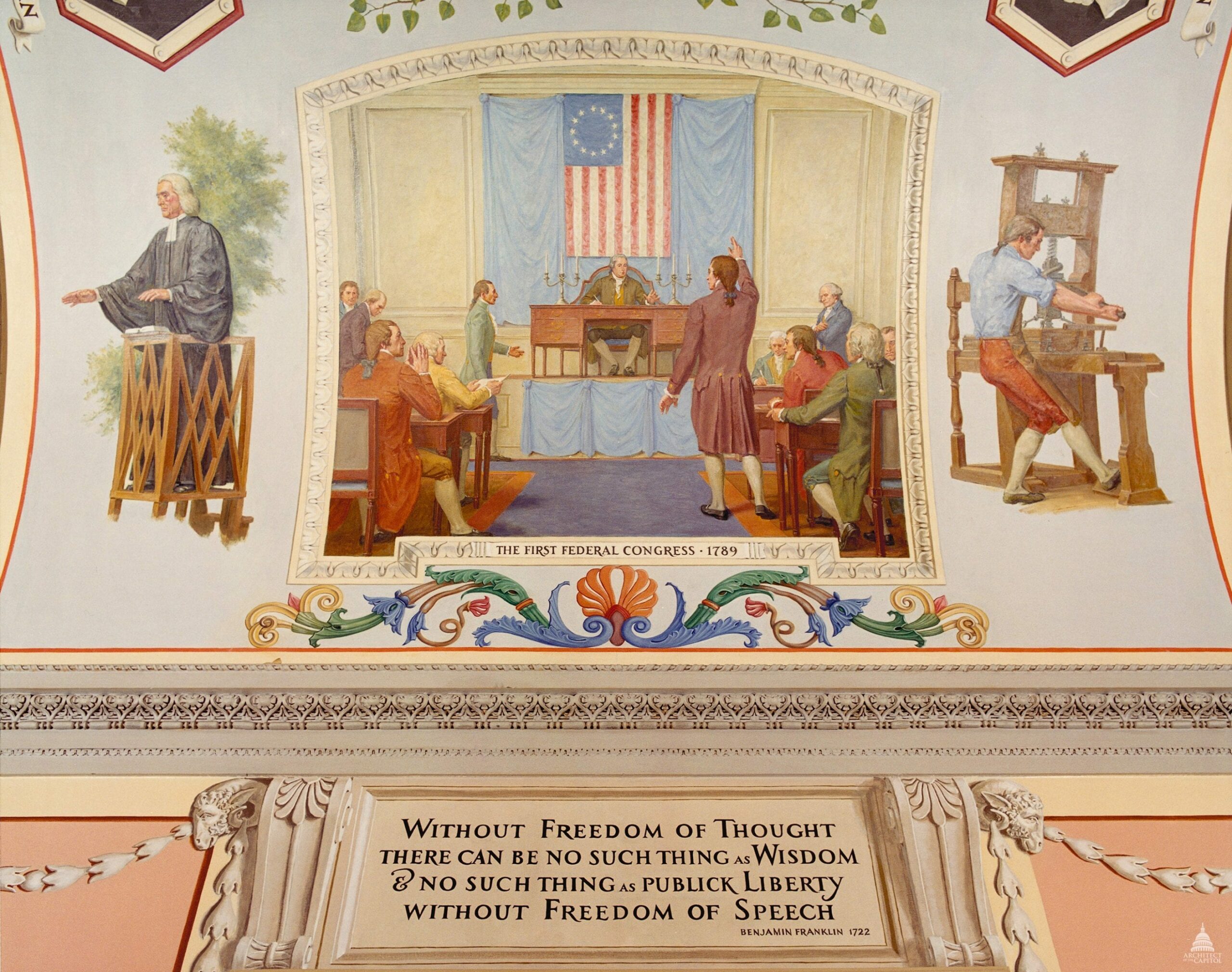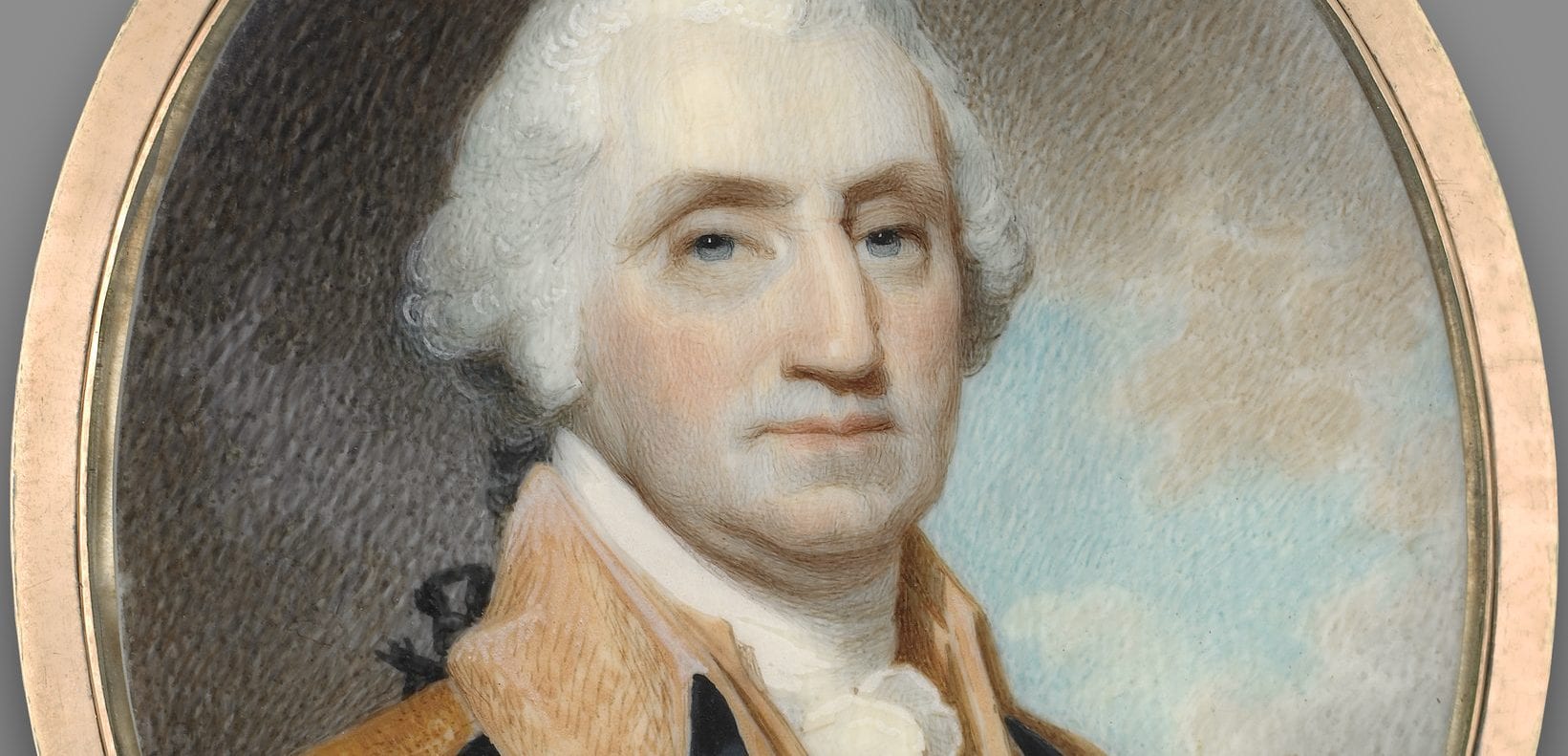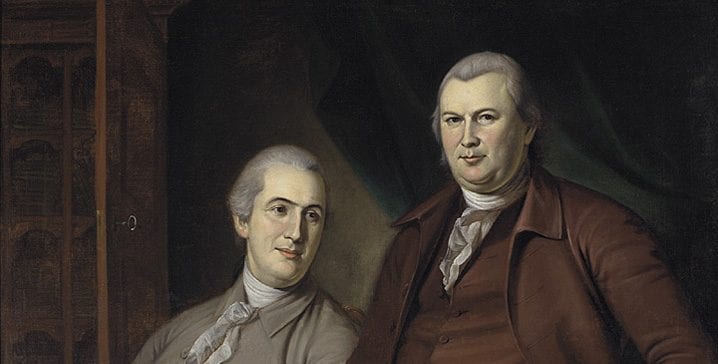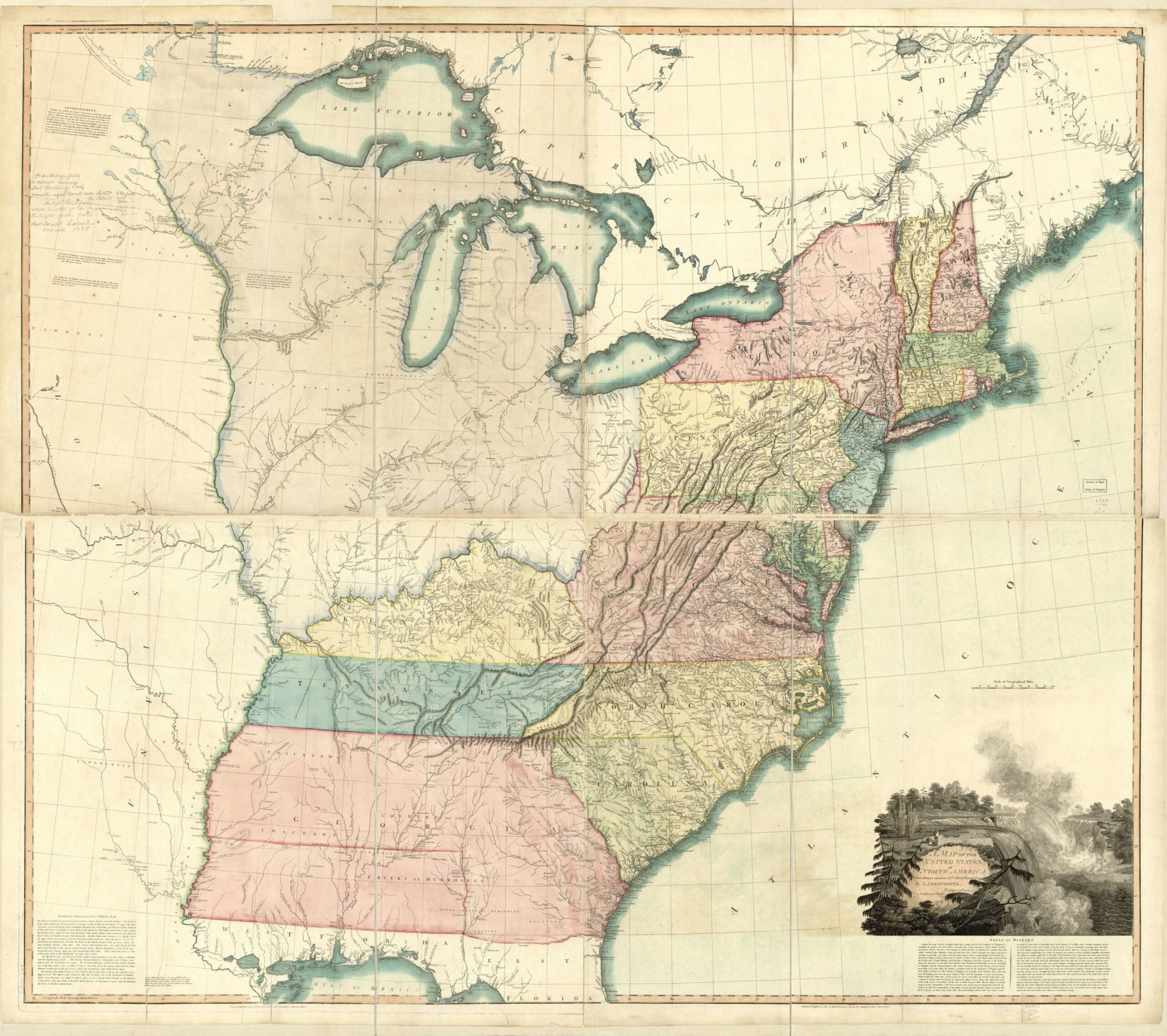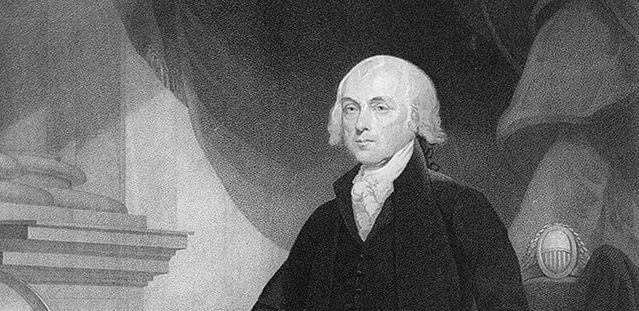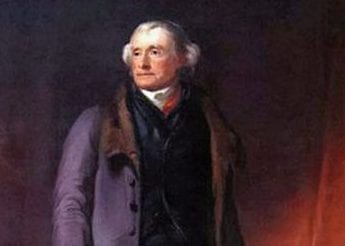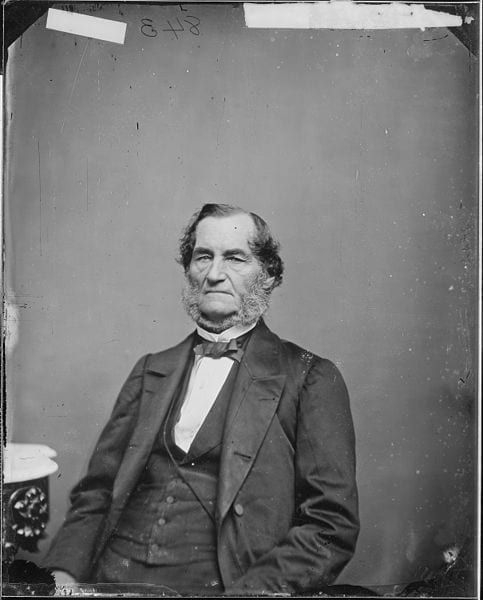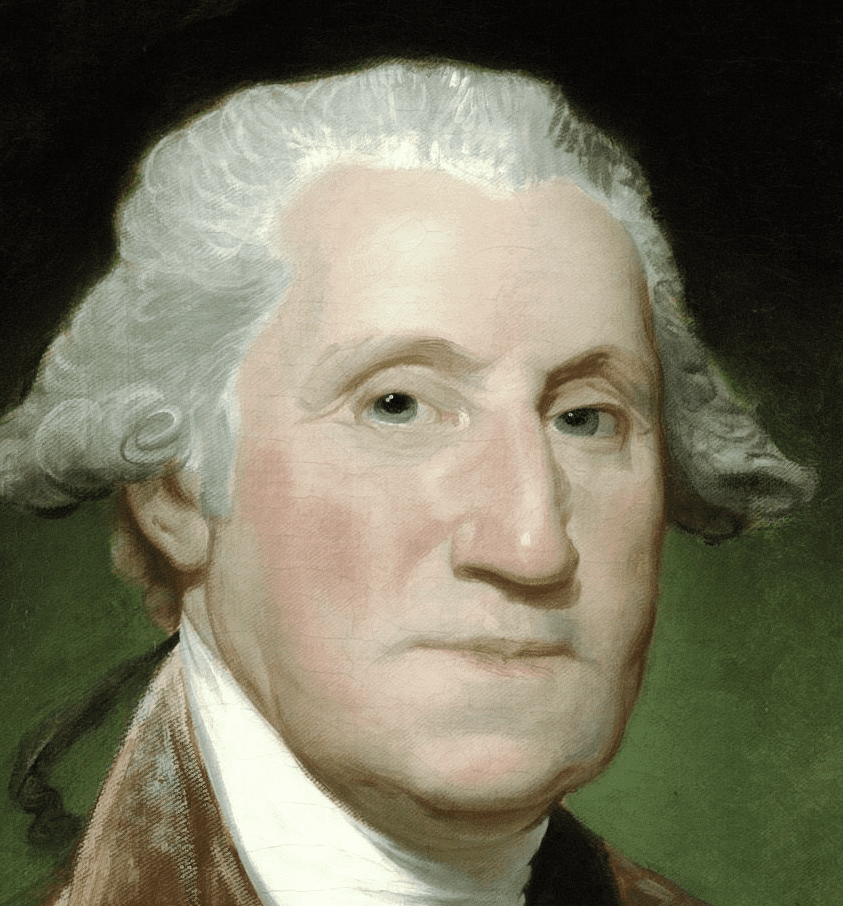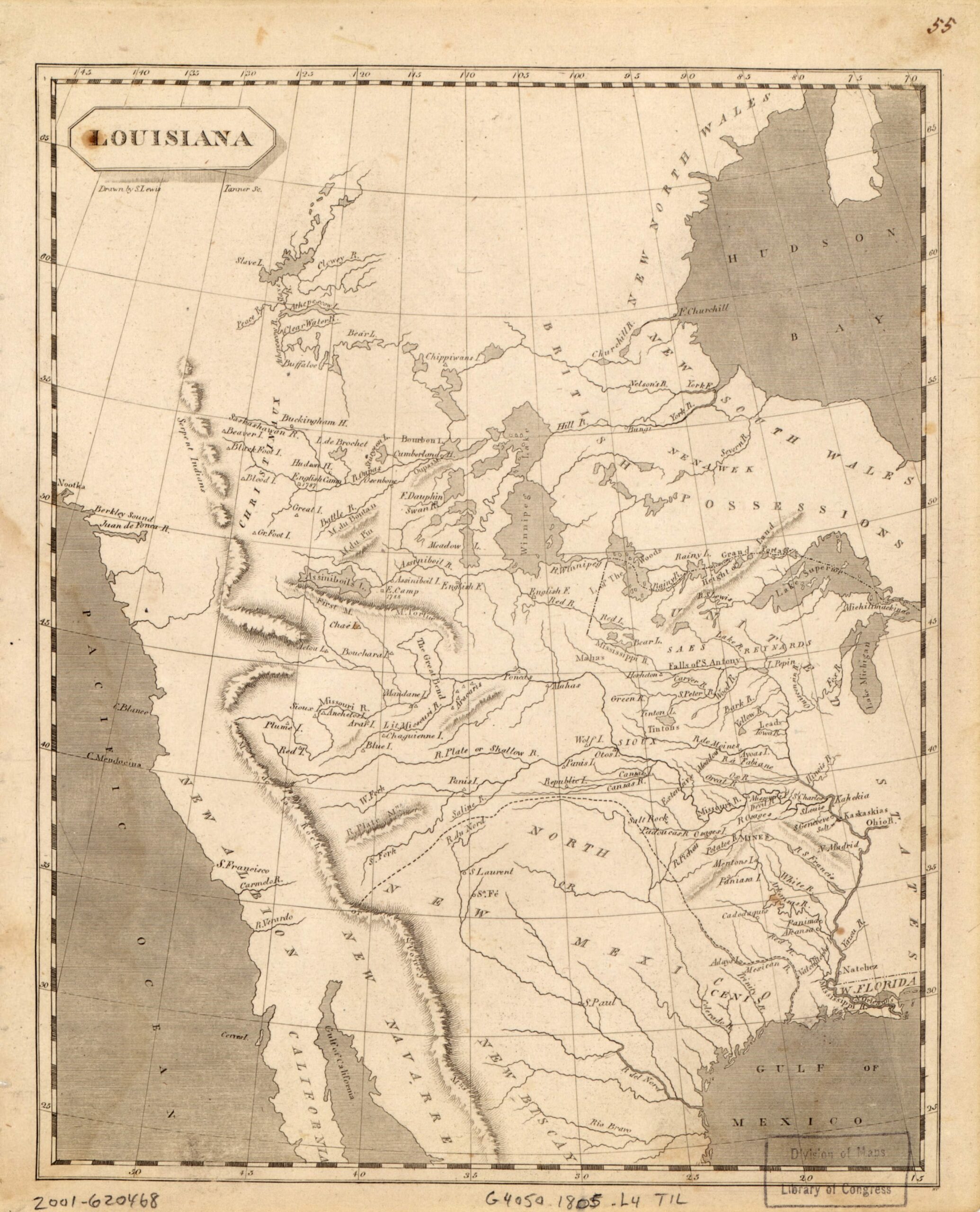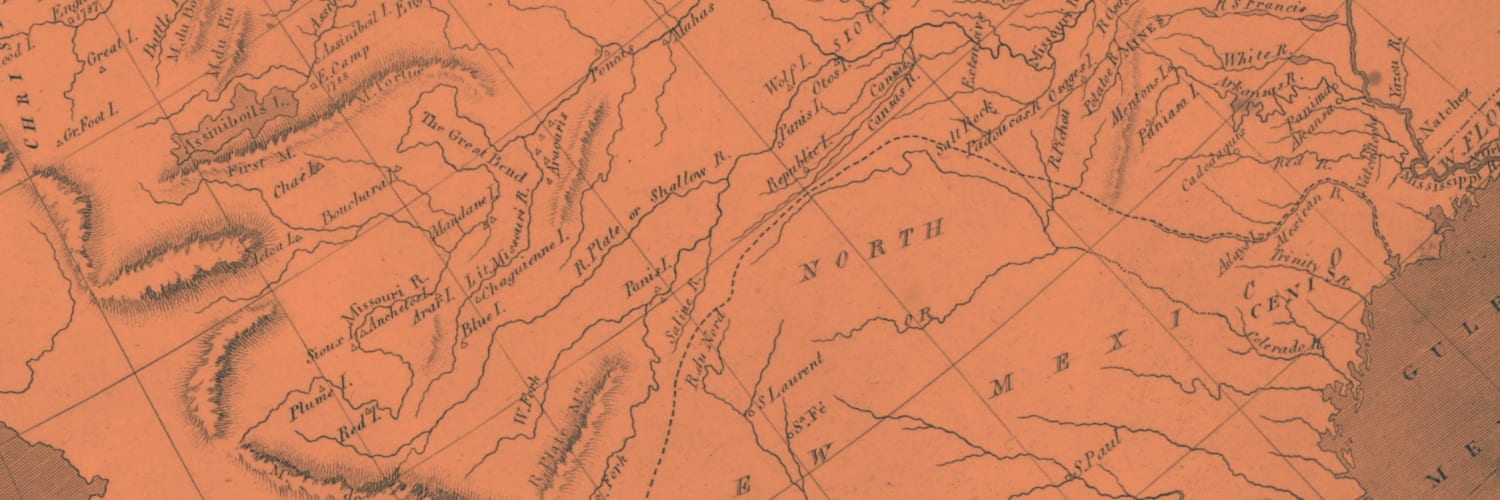Mr. President: I shall vote against this bill, and will give some of the reasons which govern my vote in this case.
It is well known that this bill is introduced to carry into effect the treaty between the United States and France, which has been lately ratified. If that treaty be an unconstitutional compact, such a one as the president and Senate had no rightful authority to make, the conclusion is easy, that it creates no obligation on any branch or member of the government to vote for this bill, or any other, which is calculated to carry into effect such unconstitutional compact. . . .
It is well known that in Europe, any part of a country may be ceded by treaty, and the transfer is considered valid, without the consent of the inhabitants of the part thus transferred. Will it be said that the president and Senate can transfer Connecticut by treaty to France or to any other country? I know that a nation may be in war, and reduced to such necessitous circumstances, as that giving up a part or half the territory to save the remainder, may be inevitable: the United States may be in this condition; but necessity knows no law nor constitution either; such a case might be the result of extreme necessity, but it would never make it constitutional; it is a state of things which cannot, in its own nature, be governed by law or constitution. But if the president and Senate should, in ordinary peaceable times, transfer Connecticut, against her consent, would the government be bound to make laws to carry such a treaty into effect? . . .
A number of states, or independent sovereignties, entered into a voluntary association, or, to familiarize the subject, it may be called a partnership, and the Constitution was agreed to as the measure of power delegated by them to the federal government, reserving to themselves every other power not by them delegated. In this Constitution they have restricted the powers of Congress, or the federal government, in a number of instances. In all these, I think the treaty-making power is clearly restricted, as much as if it had been mentioned in the restriction. For instance, Congress can lay no tax or duty on articles exported from any state. If this restriction should be violated by treaty, could it be thought valid? . . .
It is agreed, by the friends to the treaty, that the president and Senate cannot transfer a state. Let us examine the power of introducing a state. Suppose Louisiana contain ten millions of inhabitants; or, for the sake of argument, let it be supposed that we had a president inclined to monarchical principles, and he lived in the northern part of the Union, say in Connecticut or Massachusetts, and that two-thirds of the Senate were with him in sentiment, and that the four northern provinces of Great Britain contained ten millions of inhabitants, and were all determined monarchists, would the parties of the Union say it was competent and constitutional for the President and Senate to introduce these ten millions of monarchists, who could at once out vote us all; and even give fifteen millions of dollars for the benefit of having them?
The principles of our government, the original ideas and rights of the partners to the compact, forbid such a measure; and without the consent of all the partners, no such thing can be done.
The principle of admission, in the case of Louisiana, is the same as if it contained ten millions of inhabitants; and the principles of these people are probably as hostile to our government, in its true construction, as they can be, and the relative strength which this admission gives to a southern and western interest, is contradictory to the principles of our original Union, as any can be, however strongly stated. . . .





